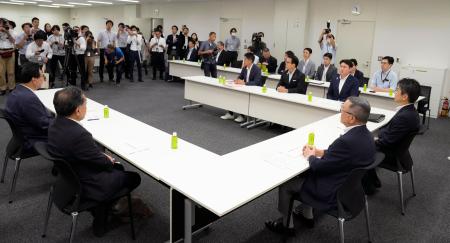Japanese government and opposition parties have failed to reach a consensus on reducing gasoline taxes. This development comes amid concerns over the potential impact of high auto fuel costs on the country's economy and households. The discussions took place in recent weeks but unfortunately, a mutual agreement fell short.
In Japan, gasoline tax policy is a contentious issue as it directly impacts the financial health of households and influences the macroeconomic scenario. Disagreements between the ruling and the opposition parties regarding tax reduction reveal deeper rifts over the nation's fiscal policy and future economic direction.
In the US or EU, fuel tax discussions are also frequently politically charged, as they intersect with environmental, economic, and social issues. Similar to Japan, disagreements on such policies often expose broader debates about fiscal responsibility, environmental sustainability, and economic equity.

